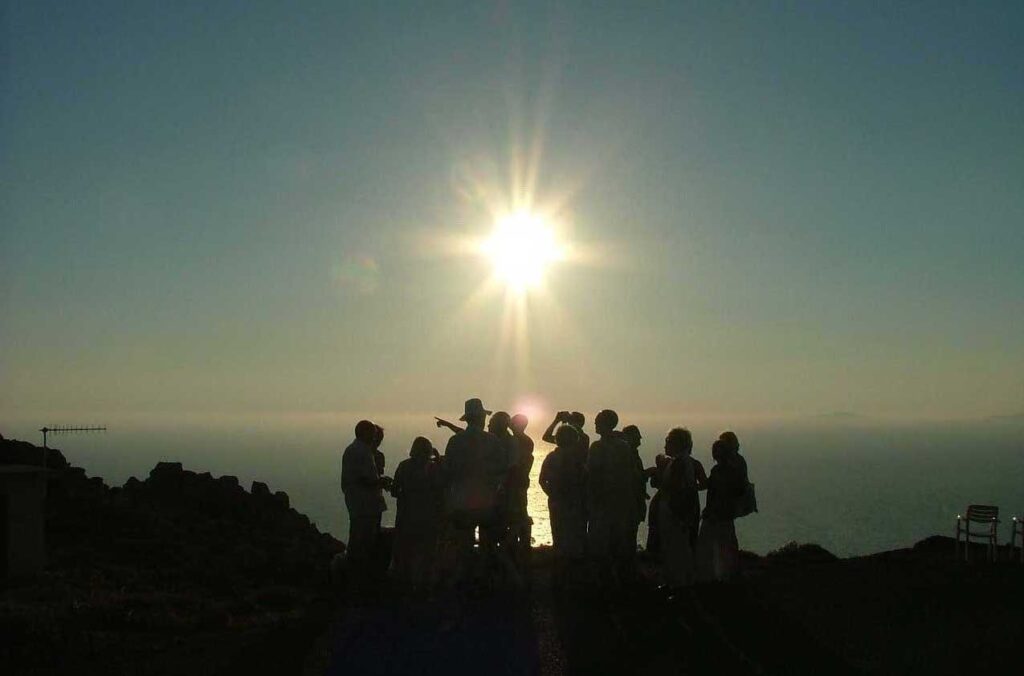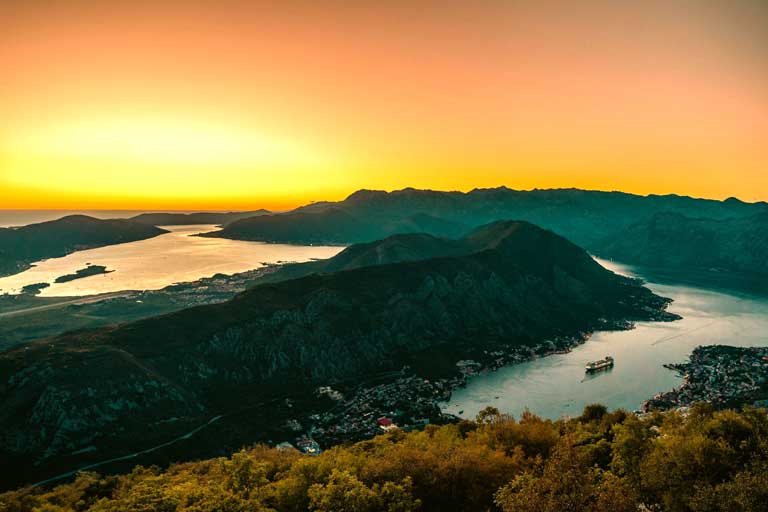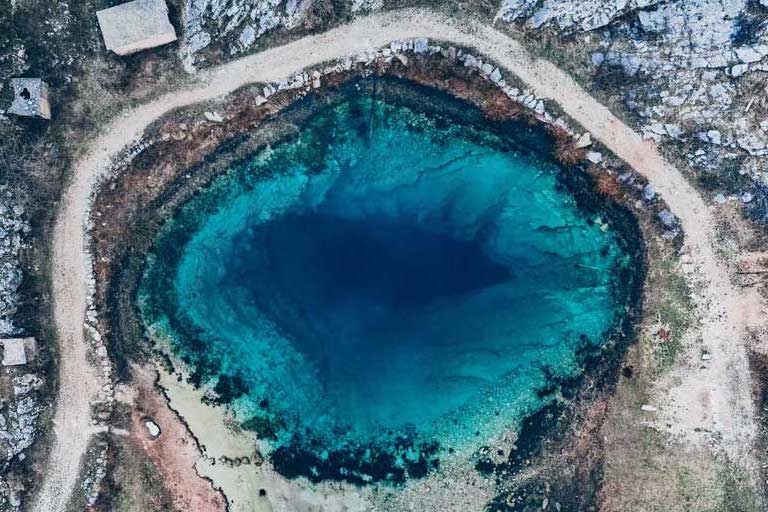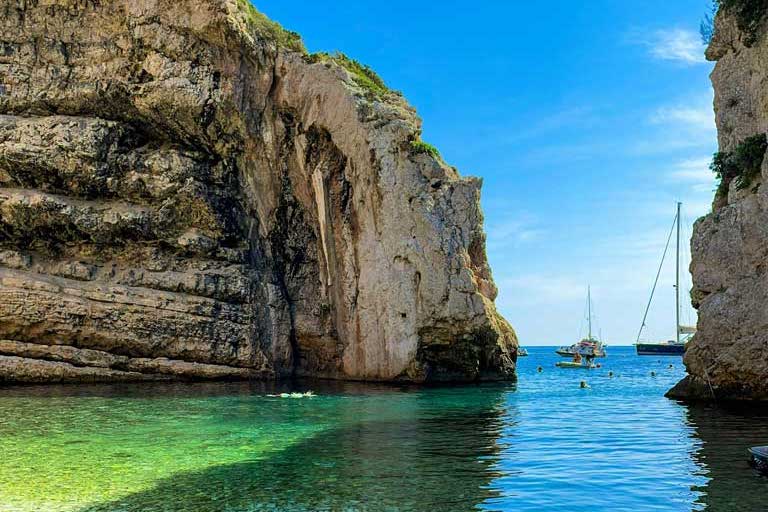Are there sharks in Greece? Yes, you’ll find sharks in the Aegean Sea located on the east coast. We know you’re not exactly thrilled about swimming with sharks in Greece but you have nothing to worry about.
“What about the shark attacks in Greece?”
The likelihood of running into a shark in the Aegean Sea is unlikely. Although sharks live in the sea’s serene waters, Greece has recorded only 15 attacks with one fatality in 170 years. Furthermore, most shark attacks have occurred near the French coast, not the Aegean Sea.
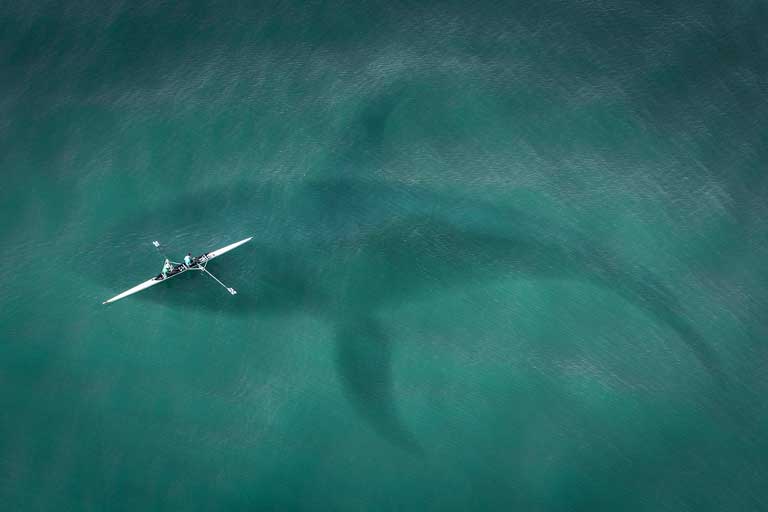
“What about the fisherman’s shark sighting?”
Are there sharks in Greece?
20 years ago a fisherman did report seeing a great white shark swimming in the Aegean Sea. However, his claim has since been proven false. What the fisherman mistook as a dangerous shark was more likely a small whale trying to find its way home. Unfortunately, poaching has led to a decline in the number of great white sharks in the ocean.
“But, are there still sharks in the Aegean Sea?”
The few sharks that people have encountered in the Aegean Sea are the spiny dogfish, basking shark, and the thresher shark. Although the basking sharks may look ferocious, in reality, they are harmless. The thresher shark has small teeth and a timid personality whereas the dogfish’s diminutive size poses no threat.
The three most common sharks seen in the Aegean Sea are tame and if you spot one, be cautious but don’t panic and swim away!
Do They Have Sharks in Greece: Is It Safe to Swim?
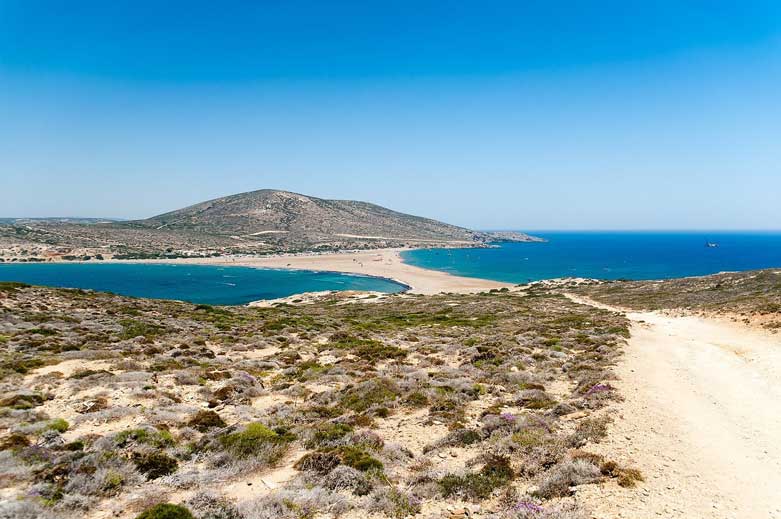
Greece is a paradise for swimmers! In Greece, you’ll come across several exotic and picturesque beaches, with crystal clear blue waters on the Island of Rhodes. Although you can visit any beach on the island, Prasonisi Beach is the one you want to visit.
Prasonisi Beach is where the Aegean Sea meets the Mediterranean Sea. The Aegean Sea is situated between Turkey and the Greek Peninsula. You’ll mostly find mild-mannered sharks — the thresher, basking, and spiny dogfish — in the Aegean Sea.
Does Greece Have Sharks: 3 Common Sharks in the Aegean Sea
When you’re swimming or wading in the Aegean Sea, you might make some shark friends. These three sharks are common in Greece and as we stated previously, they keep to themselves and there’s no need to be scared of them.
1. Basking Shark Attacks
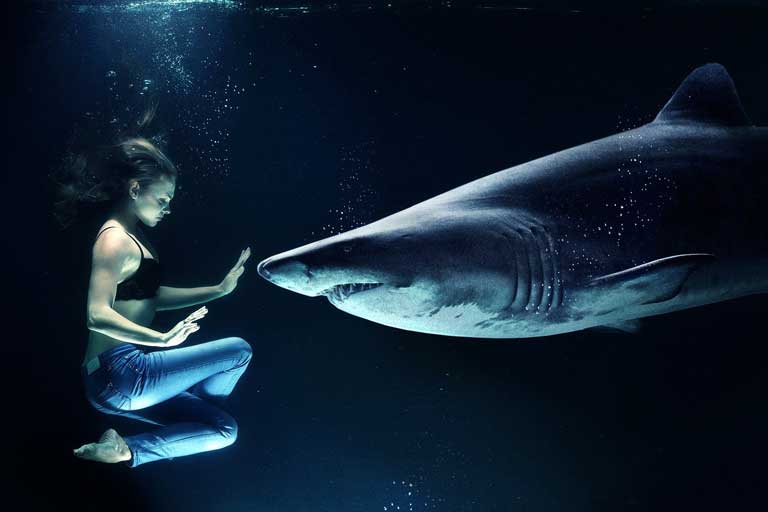
Basking shark is the world’s second-largest shark, measuring 26 ft. in length. Thomas Pennant, a naturalist, discovered them in the 18th century. He saw the shark, which seemed to be basking under the sun hence the name. However, naming it basking shark wasn’t his first choice, as he wanted to call it sunfish but it was already taken.
The name doesn’t mean what it implies though. The shark doesn’t bask in the sun at all. They are observant creatures that hunt their prey near the surface instead of the seabed. Their huge size along with their greyish-brown and mottled skin makes them easy to spot in the water.
Another telltale sign is their enormous mouth measuring a metre in width. Scooping an entire shoal of planktons in their mouth in one go is a piece of cake for them. These second biggest sharks have the smallest brains among all their species.
Their size might frighten you but in actuality, these passive sharks mind their own business. In fact, divers, fascinated with underwater life, especially dive into the Aegean Sea to experience a close encounter with a basking shark.
2. Spiny Dogfish
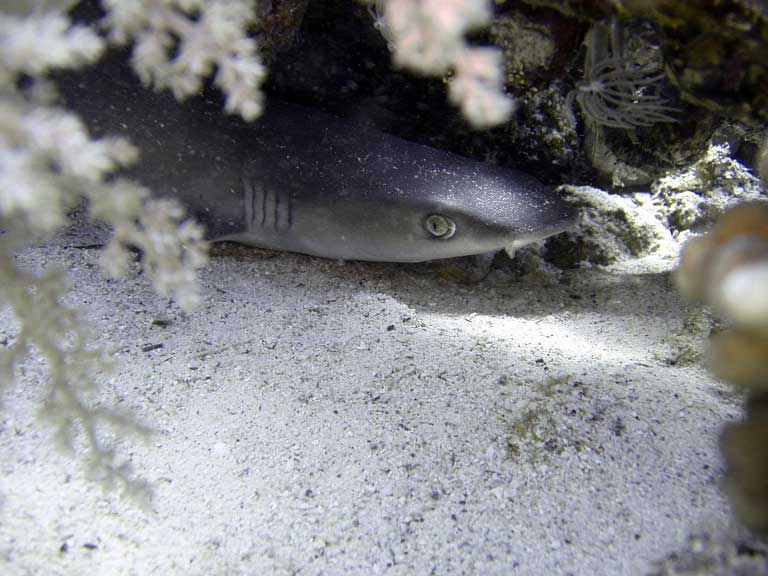
Spiny dogfish, also known as mud shark, spurdog, and piked dogfish, don’t call the Aegean Sea their home but sometimes go there on a mini holiday. When they eat food, they look like a dog eating out of its bowl.
Their canine eating ways earned them their name, dogfish. They travel and feed in packs. On top of their body, there are two spines, which they use to protect themselves against predators. To defend themselves, they arch their back and release a mild poison.
They have two very recognisable white spots on their greyish-brown body. These small sharks in Greece aren’t scary creatures at all, measuring between 40 and 60 inches in length. Chances of you encountering these harmless sharks are less because they stay in deep water and past the coastline.
3. Thresher Shark
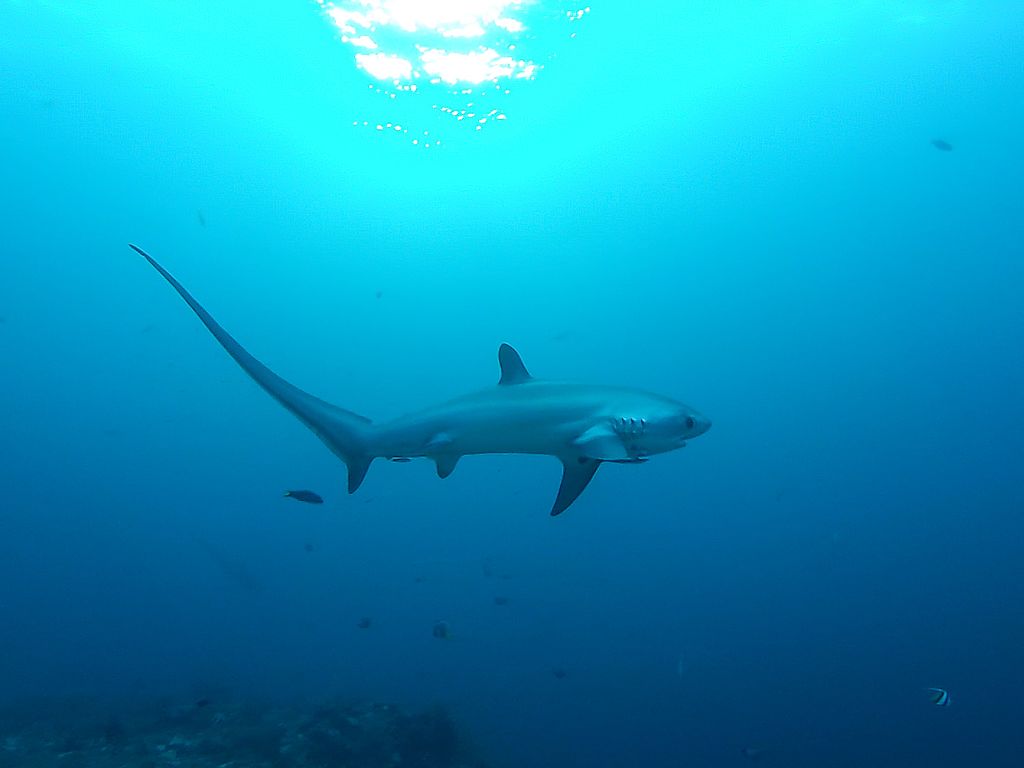
The sharks prefer to swim in the open water and tend to stay away from coastal regions. Their thresher-like tail continues to grow until it’s as long as its body. Thresher sharks use their long tails to protect themselves from predators.
They swing their tail at predators at high speeds reaching up to 80 miles per hour. In a single swing of their tail, they can take out large numbers of sardine shoals. They grow up to 14 ft in size and have a lifespan of 22 years. You can easily identify thresher sharks by their long, slender tail and torpedo shape.
Unfortunately, its dwindling population has placed it in the IUCN’s “vulnerable to extinction” category since 2007. Poachers kill, or capture and sell them for various purposes such as liver oil, food, and fin soup. If you see them, don’t be frightened, as they aren’t considered a danger to humans.
In Greece, these three sharks should be the least of your worries, as there are other bigger threats to watch out for when taking a dip in the Aegean Sea.
Is the Aegean Sea dangerous: Beware of These Unfriendly Sea Creatures
When you swim in the Aegean Sea, you’ll encounter unfriendly sea creatures. It’s important to stay out of their way. Knowing about them and the measures to take if you see one ensures you have an enjoyable time in the water.
1. Sea Anemones, Jellyfish, and Sea Urchins
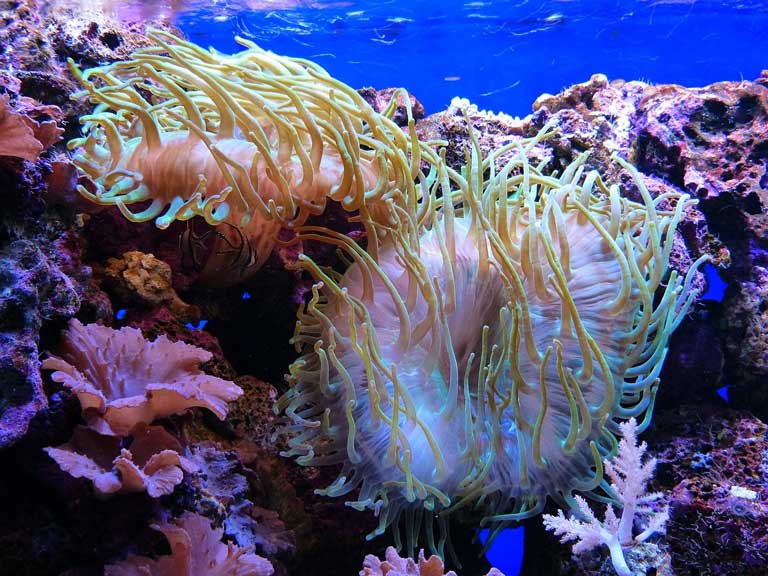
When you enter the sea, be aware of your surroundings, as lurking in the water are sea anemones, jellyfish, and sea urchins. A jellyfish sting hurts! Just ask Monica from “Friends.” If you get a jellyfish sting, no need for anyone to become Chandler.
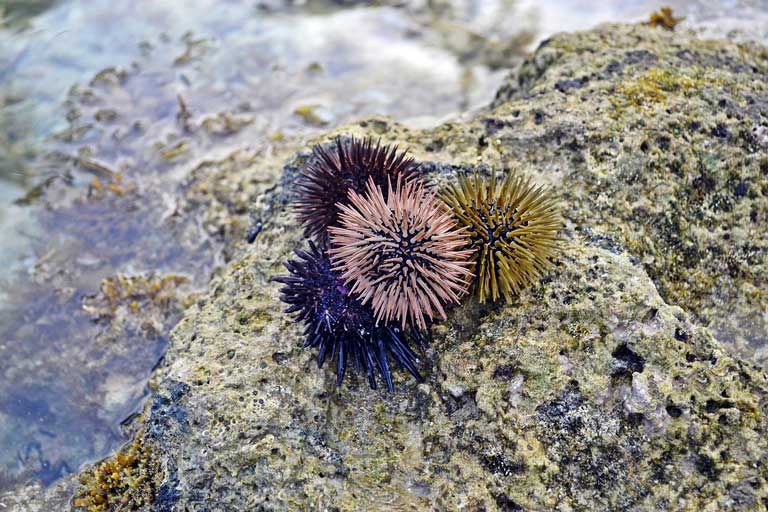
Use vinegar to wash the area and then use tweezers to remove the tentacles. Additionally, you can soak the area in hot water to alleviate the pain. If nothing works, seek medical assistance. If you get a sea urchin or anemone sting, it can result in a serious allergic reaction. To avoid that, wear sea sandals when you enter the water.
2. Portuguese Man O’ War
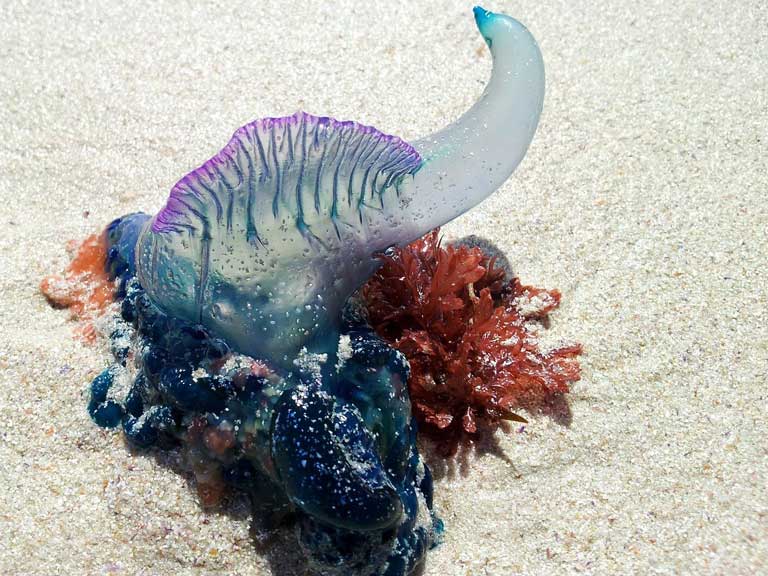
Portuguese Man O’ War, although related to the jellyfish, is made up of several small organisms. Each organism has a different function, but they act like one. If they sting you, put buckets of seawater on the area. Remove any tentacles attached to the area. If you don’t remove them, they will continue to inject poison into your skin. If you continue experiencing pain and discomfort, visit the hospital immediately.
3. Moray Eels
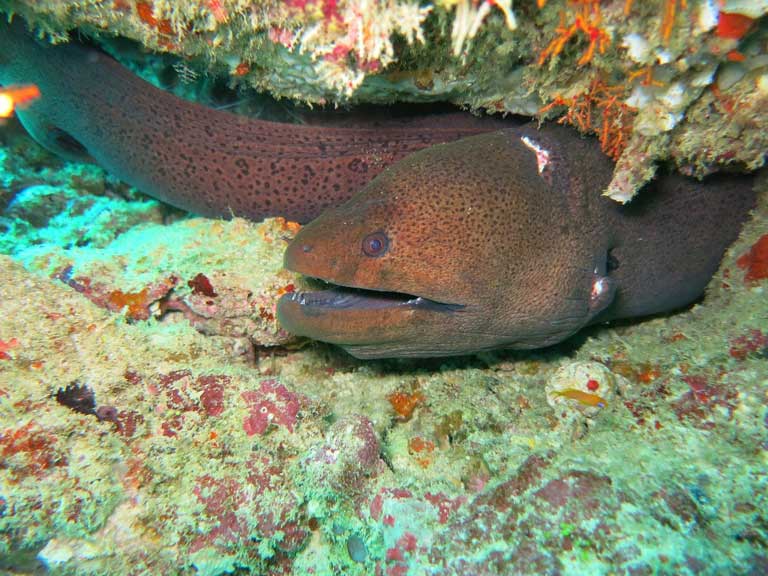
They love a good game of hide and seek. Instead of staying hidden, moray eels prefer to jump at you, scaring and biting you. Their bite releases toxins into your body. If bitten, go to the hospital immediately. When you’re in the water, look for a creature with a multi-coloured and unique pattern on the body. If you see one, move away from them!
4. Scorpionfish
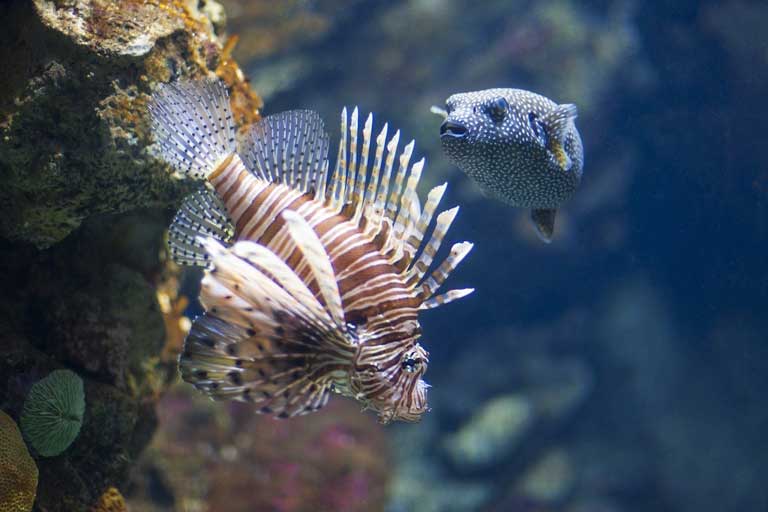
The other two names they go by are stonefish and rockfish. Scorpionfish are one of the most poisonous species in the world. To defend themselves from predators, they fire sharp, venomous spines. What makes them dangerous is that they are experts at hiding. Since they live under the sand, there’s a chance of stepping on one of them accidentally.
If you happen to get stung, call an ambulance immediately. While you wait, you can soak the area in hot water. The water’s temperature should be as hot as you can endure. As a precaution, you should wear sea sandals when on the beach and in the water.
5. Stingrays
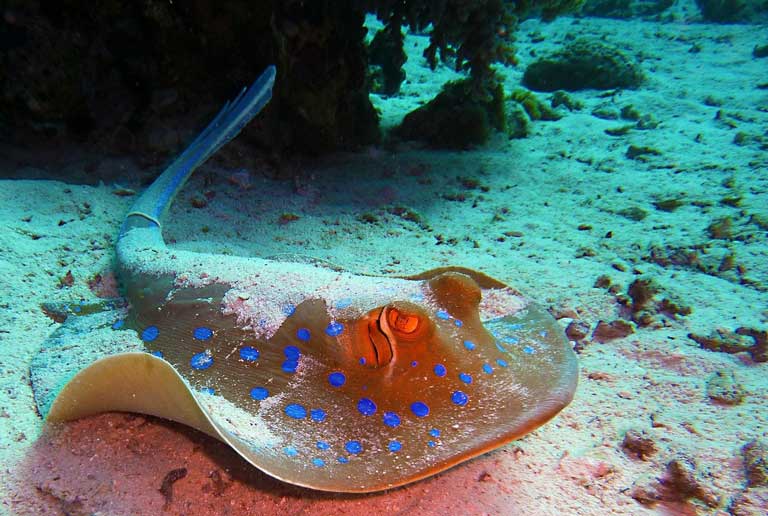
Stingrays are good stingers! If you see a stingray, don’t go near them. Move away! If you creep too close to them, they will feel threatened by you and unleash their attack using their sharp fangs and barbed long tails. If a stingray does come for you, you need to visit the nearest hospital quickly.
However, encountering any of these creatures, including any sharks is extremely rare. If you are taking proper precautions and being aware of your surroundings, there’s no need to worry. Instead, you should be deciding the Greek island you want to visit.
5 Greek Islands to Put on Your Bucket List
Here are 5 Greek islands you can visit while holidaying in Greece:
1. Koufonisia, Cyclades
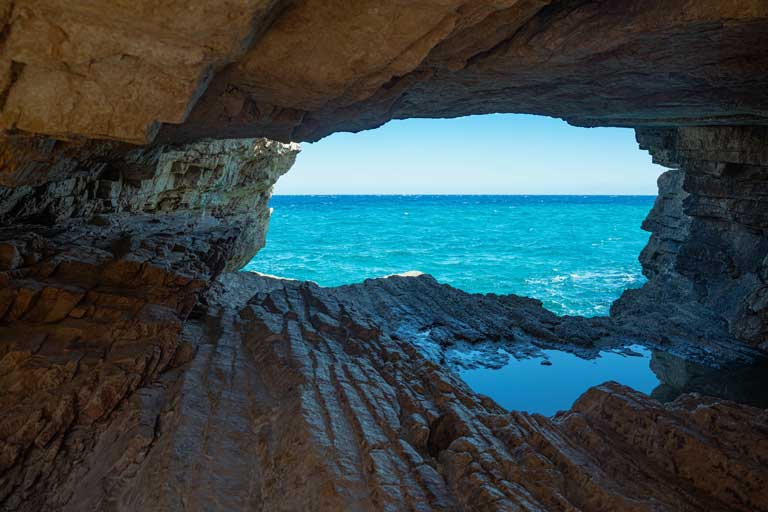
Koufonisia has become a popular diving and snorkelling destination for avid divers. Its turquoise waters and warm weather attract sightseers from all over the world. If you want to go for a quick swim, head to Ludiko Beach, which is a short walk away. The island consists of eight beaches, so take your pick!
2. Spetses, Saronic Gulf
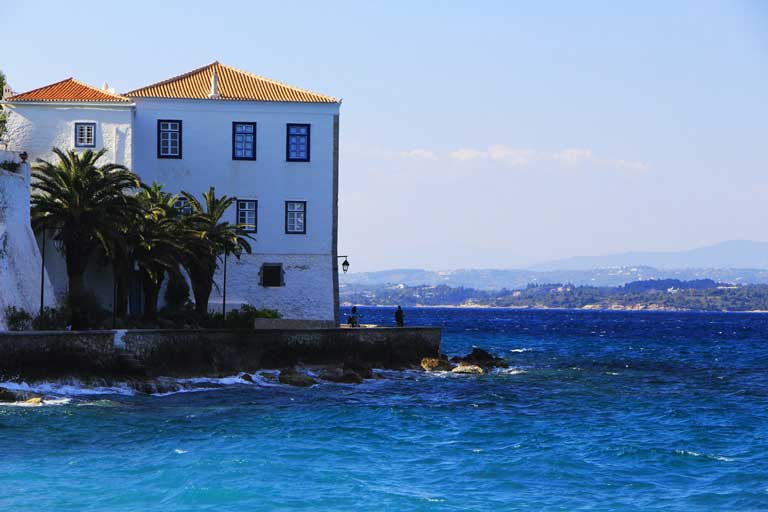
Spetses is a magical Greek island with several historical sights. You can see the Neoclassical mansions, have a cocktail at a bar, and have a fine dining experience at a Greek restaurant. If you want to get away from all the noise, this island is the perfect getaway, as the island has a no-car policy.
You can have a peaceful picnic or a romantic dinner by the shore. If you wish, you can also put on your sailor’s hat. The island has become a well-known sailing destination due to its number of crevices and coves and beaches, reaching all the Hydra or Peloponnesian land. If you don’t have a boat, you can rent one to sail in the open sea.
3. Alonissos, Sporades
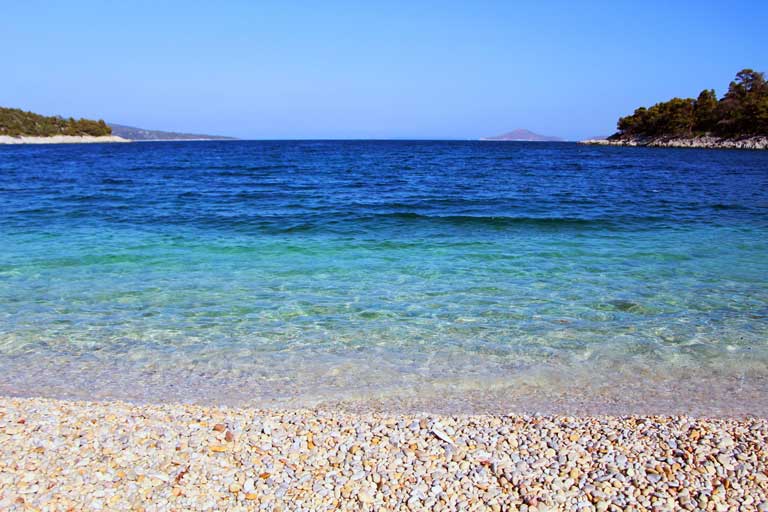
As per historians, Alonissos was the first Greek island to be colonised. On the island, you will find squat cottages with red roofs and pine woods. The place attracts fans of marine life, as a large part of the seas around Alonissos is recognised as a marine reserve. Some of the sea creatures you will find on the island include sea turtles, seals, and dolphin pods. Therefore, the island has become a favourite marine safari destination.
4. Ithaca, Ionian Sea
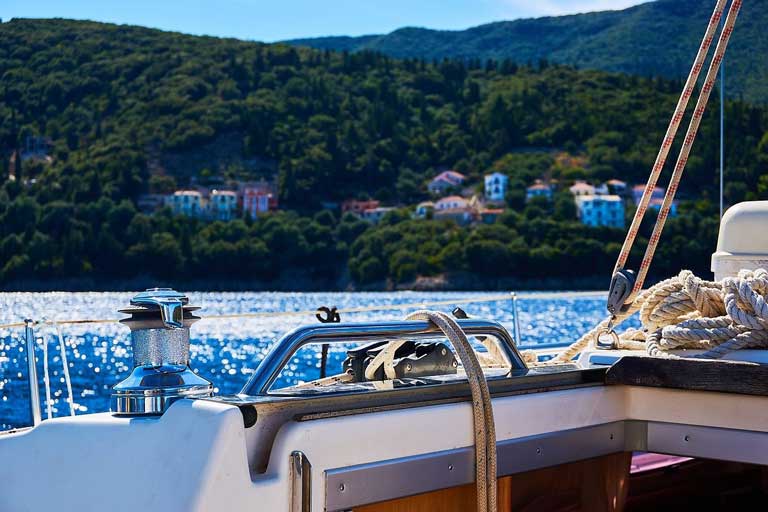
Ithaca is famous for its pebble coves, blue waters, and white cliffs. Located at the end of the Adriatic Sea, the island is home to the Vathy harbour. The harbour is nestled in the centre of the island with various swimming spots and pine trees surrounding it.
Bringing a car there is useless because the island doesn’t have a lot of roads. There are several paths to take with each path offering a surprise at the end. For instance, one path leads to the Gidaki Beach whereas another leads to the Frikes harbour where you can feast on freshly-caught seafood.
5. Andros, Cyclades
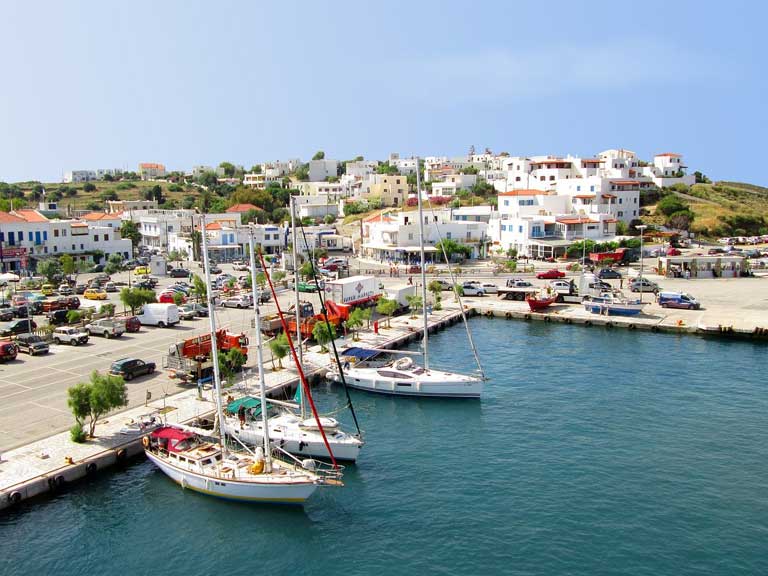
Although not a well-known Greek island, Andros deserves a visit. The island consists of 70 different beaches! The island stands at 40 km long and 16 km wide and has mansions, the Tis Grias To Pidima bay, and several hiking paths.
Are There Sharks in Greece — You Have Your Answer
You can travel to Greece on a dream holiday with your family, friends, or partner because sharks will no longer take a bite out of your plan!

